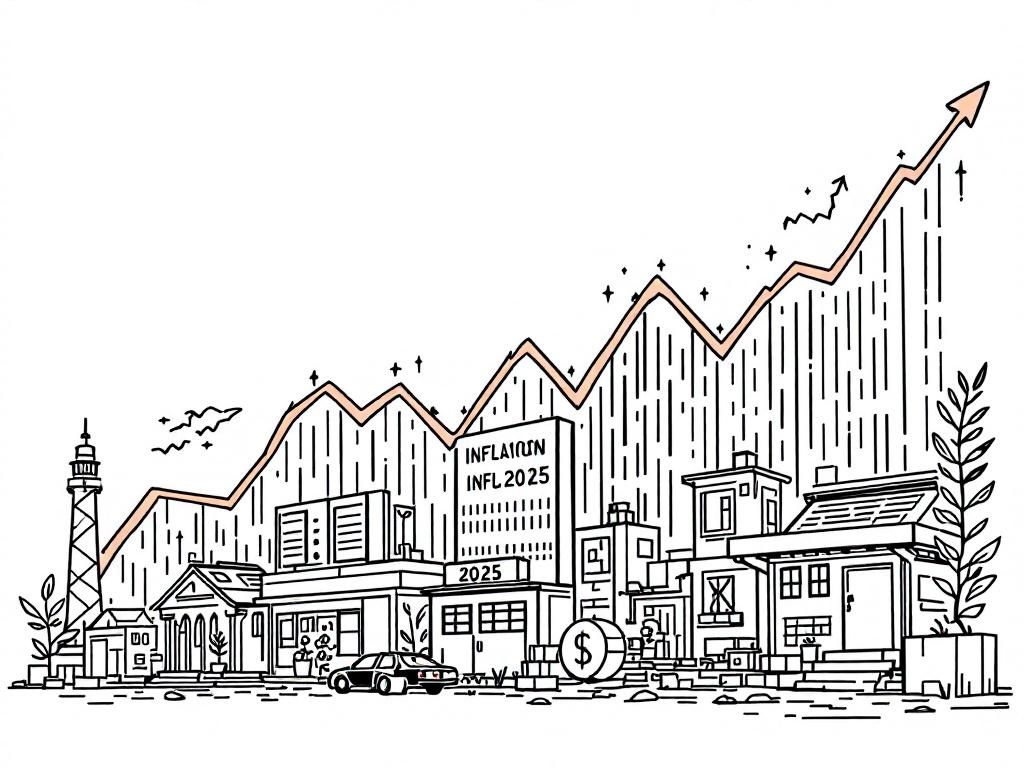Japan's Core Inflation Declines to 3.3% in June 2025

Tokyo, Friday, 18 July 2025.
Japan’s inflation eased to 3.3% in June 2025, driven by moderating rice prices, signaling stabilization efforts by the Bank of Japan amid the continued threat of global trade tensions.
Factors Influencing Inflation Rates
The noteworthy reduction in Japan’s core inflation rate from 3.5% in May to 3.3% in June 2025 can primarily be attributed to the easing of rice prices, which previously soared due to crop failures in 2023. Rice inflation, a driving factor of the country’s consumer price index, slowed from a 101.7% year-over-year increase in May to 100.2% in June, according to government data[1][2]. This adjustment plays a crucial role in alleviating the inflationary pressures that have been persistent in Japan’s economy for several months.
Monetary Policy Implications
The persistence of inflation rates above the Bank of Japan’s (BOJ) 2% target for more than three years highlights underlying inflationary pressures that continue to pose challenges for policymakers. The BOJ’s cautious approach towards interest rate adjustments aims to ensure that inflation is sustainably managed without hindering growth. Although inflation has dipped, the core-core inflation, which excludes energy, modestly increased to 3.4% in June from 3.3% in May, keeping market expectations for additional rate hikes alive[2][3].
External Pressures and Economic Outlook
Japan’s economic stability is further threatened by ongoing global trade tensions, notably from the United States. President Donald Trump’s imposition of a 25% tariff on Japanese car exports has compounded Japan’s trade-related challenges. These tariffs, alongside Japan’s geopolitical dynamics, have been significant in affecting Japan’s export market, especially in the automotive sector, accounting notably for the country’s GDP contributions[3][4]. The weakening yen further threatens to exacerbate import costs, potentially reigniting inflationary pressures if not managed strategically[4].
Internal Dynamics and Concerns
Despite the easing inflation, internal economic dynamics such as Japan’s GDP contraction by 0.2% in the first quarter of 2025 echo worries about consumer spending power amid a declining yen and rising living costs. The BOJ’s policies remain under scrutiny as it plans further monetary adjustments in response to these developments. Analysts, including Harumi Taguchi, emphasize the importance of government interventions in energy pricing and rice stockpile management to alleviate consumer burdens[1][2][4]. Simultaneously, political uncertainties ahead of the Upper House elections on July 20, 2025, add another layer of complexity to Japan’s economic atmosphere, potentially influencing market volatility and investment sentiment[1][4].